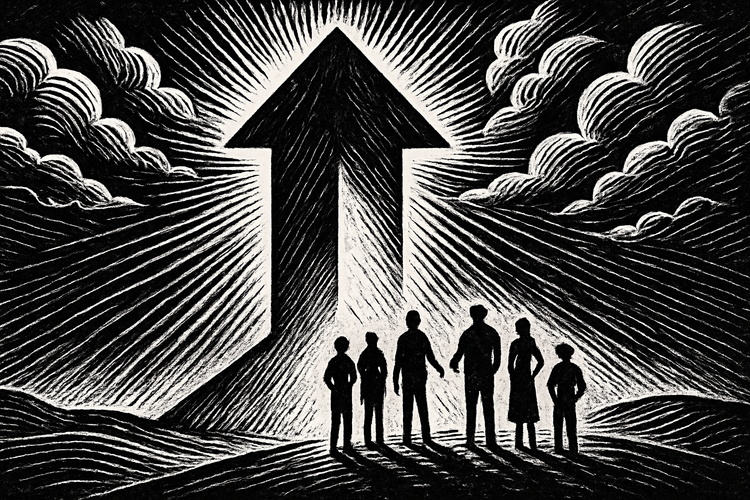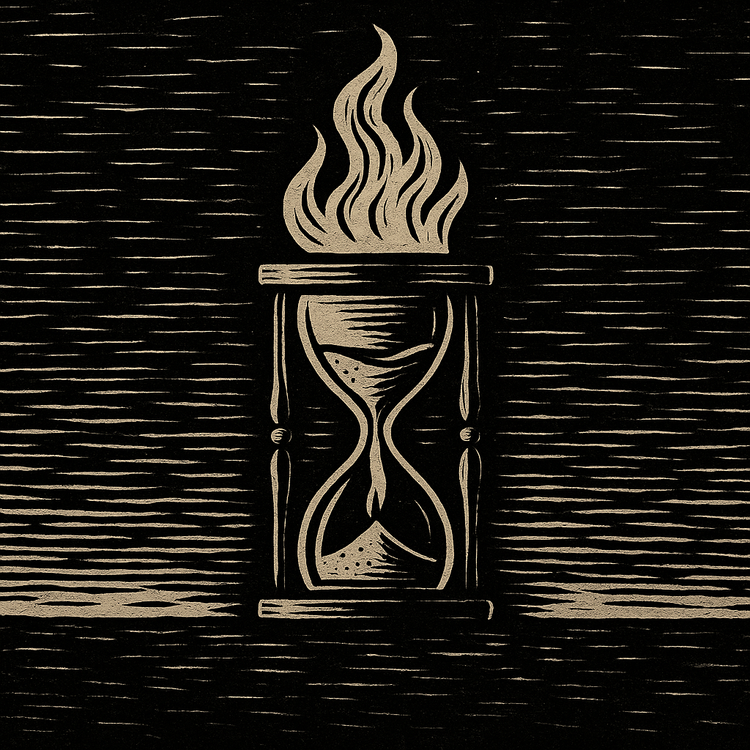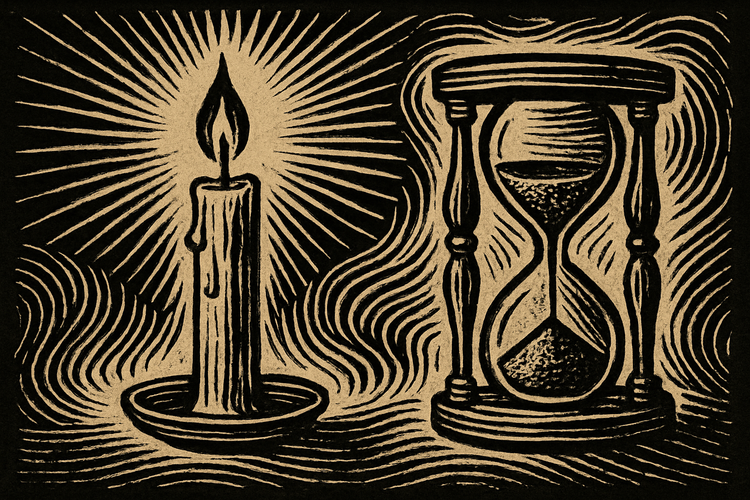The Good Place S1E6 - “What We Owe to Each Other”

Spoiler Warning: This reflection contains full spoilers for The Good Place, including retrospective insights and thematic allusions. It assumes familiarity with the entire series and is written from the perspective of a rewatch.
For a show built around eternal reward, The Good Place spends a lot of time in moral gray space. In this episode, the question isn’t whether Eleanor is good or bad, but whether she can be trusted to keep her word. Chidi introduces contractualism—the idea that morality is grounded in mutual agreement, in the quiet promise that we live in a shared world. Eleanor doesn’t fully understand the theory, but she understands the stakes: she told Michael she’d help him, and now he’s falling apart. Whether she meant it or not doesn’t matter. What matters is what she chooses to do next.
That’s the lens Eleanor starts to see herself through. She made a promise—and even if she wasn’t serious when she said it, even if she has no idea how to help him, the promise stands. That’s what Chidi’s trying to teach her: that being good means living like other people matter. It means showing up for them when you say you will. Eleanor doesn’t suddenly become selfless, but she does make good on her word. She distracts Michael with goofy fun and human warmth—karaoke, carnival games, frozen yogurt. And it works. Not just for him, but for her. For once, she follows through.
Michael’s spiral isn’t just comedic—it’s oddly human. He hoards rocks, chases patterns, and frets about the neighborhood’s stability, convinced that something is “deeply wrong.” He’s frantic, vulnerable, and at one point delivers one of the show’s quietest truths: “You humans take something wonderful and ruin it a little so you can have more of it.” He’s talking about frozen yogurt, but he’s also revealing something deeper: the way people sabotage joy by trying to stretch it too far, afraid to simply let it be enough. On first watch, Michael seems like a benevolent authority figure coming undone. On rewatch, it’s murkier. The sinkhole may be part of Eleanor’s personalized torture, but Michael’s distress feels layered—possibly performative, possibly real, possibly both. And that ambiguity is part of what makes Eleanor’s gesture matter. She comforts him not because she knows the truth, but because she made a promise. In a world built on lies, she still chooses kindness.
In the end, this episode isn’t about philosophy—it’s about follow-through. Eleanor keeps her word. Not perfectly, not heroically, but enough. And in a place designed to test her at every turn, that’s the beginning of something real.



Comments ()